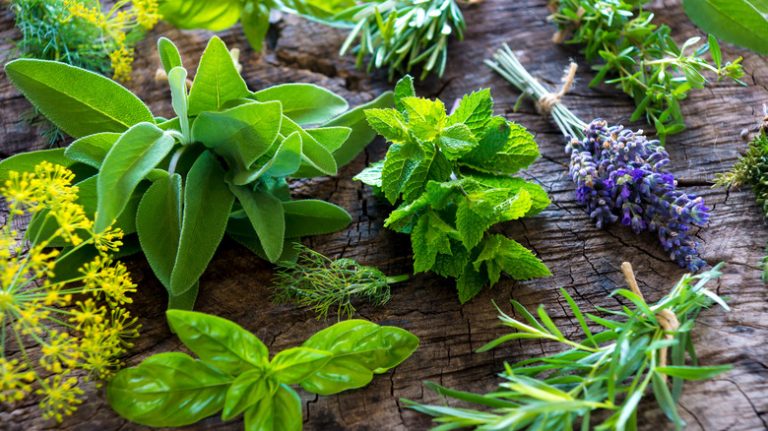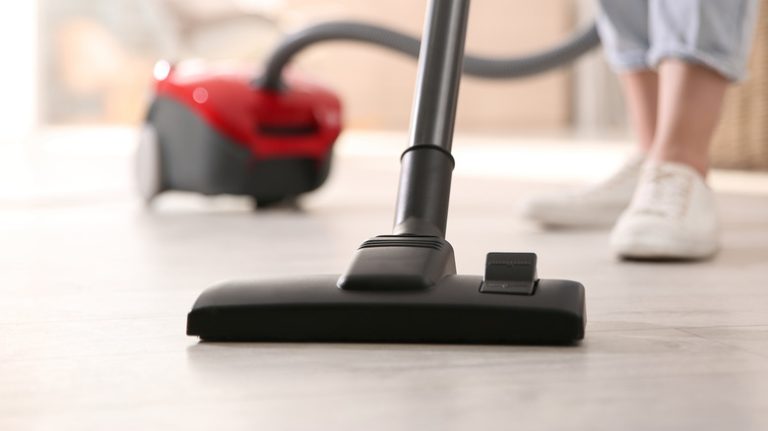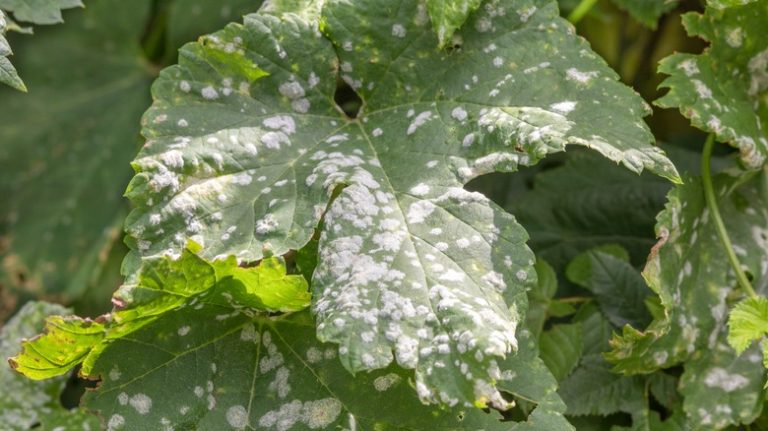A warm cup of delicious tea is a great way to wind down and relax after a long day, but brewing your beverage only to toss out the tea bag after steeping can feel wasteful, especially when you consider the fact that tea is the second most widely consumed beverage in the world, only beaten in popularity by plain water, per data from The Tea Association of the USA. Thankfully, however, there are plenty of ways to repurpose your tea bags after you’ve exhausted the bulk of their flavor.
The unique material that allows tea bags to release flavor without deteriorating in hot water, combined with a filling full of aromatic organic material, means that there are plenty of creative secondary uses that can help solve common problems around your home and in your garden. With a bit of out-of-the-box thinking, you’ll be able to cut down on the waste your family produces while also potentially saving yourself some money on other products like odor eliminators, fertilizer, and even glass cleaner. Next time you brew yourself a cup of tea, think twice before tossing out the bag — your wallet and the environment will thank you.
Speed up the composting process
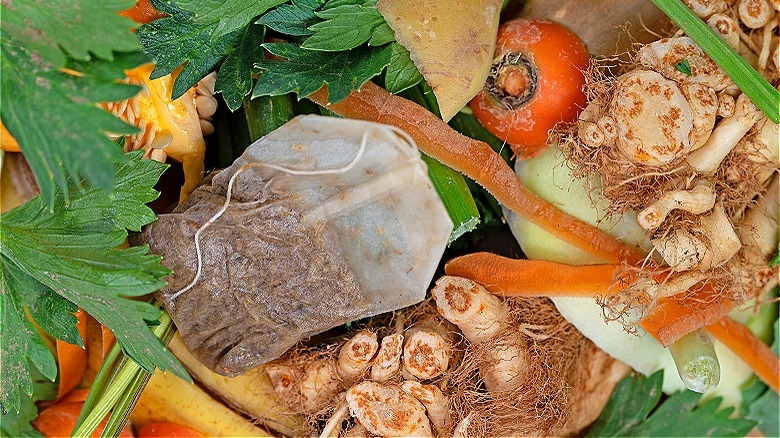
Composting is a great way to decrease your food waste and create nutrient-rich fertilizer for your plants, but it takes time for simple table scraps to turn into something that’s actually useful in the garden. Tea leaves, however, can help to slightly speed this process along. Because tea leaves are acidic, adding the contents of your tea bags to your compost bin after you’re done with your afternoon pick-me-up beverage can help to more quickly break down what you’ve added. As an added bonus, tea leaves are rich in nitrogen, which can be helpful to plants you decide to fertilize with your compost down the line.
Increase soil acidity
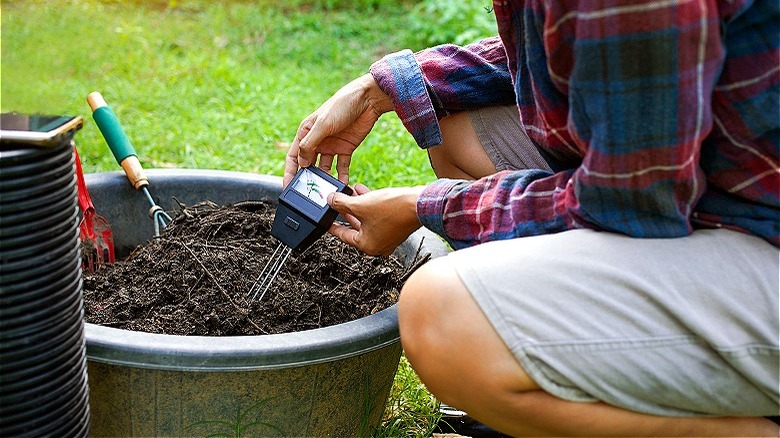
Tea leaves obviously release flavor when steeped in hot water, but they can also alter soil’s pH balance and help fix soil imbalances. If you’re cultivating plants that prefer more acidity in the soil, like ferns and roses, cut open your tea bags and sprinkle out the contents around the roots as you would a regular fertilizer. This added ingredient should increase the acidity of the area and help guarantee your plants thrive. It is, however, important to ensure that the plant you intend to fertilize with tea does well with acidity. Many common plant varieties, like Boston Ivy and cacti, prefer more alkaline soil instead.
Eliminate odors
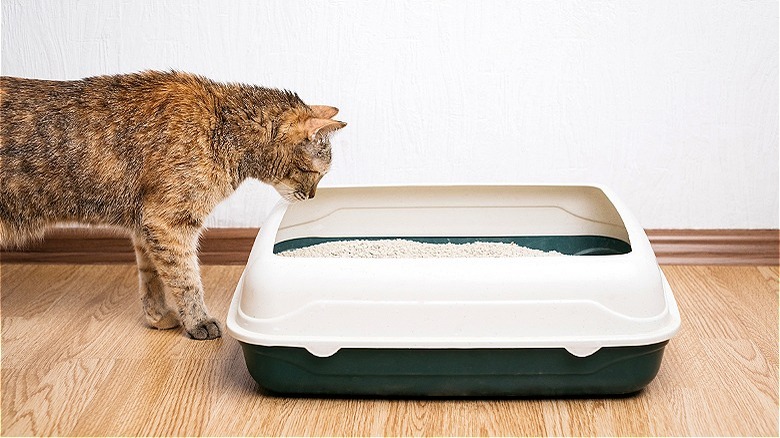
Duet PandG/Shutterstock
Even if you stay on top of your cleaning routine, there are places around the home that are more prone to odors. Litter boxes, refrigerators, and musty closets can wreak havoc on your space’s otherwise fresh scent, but tea bags can help absorb these odors and banish them without the overwhelming perfume of some other air fresheners. To create your own odor eliminator, all you need to do is dry out your used tea bags and place them in areas that tend to release unpleasant smells. As an added bonus, you can also sprinkle the contents on the floor to help save your smelly carpet from the trash.
Germinate seeds
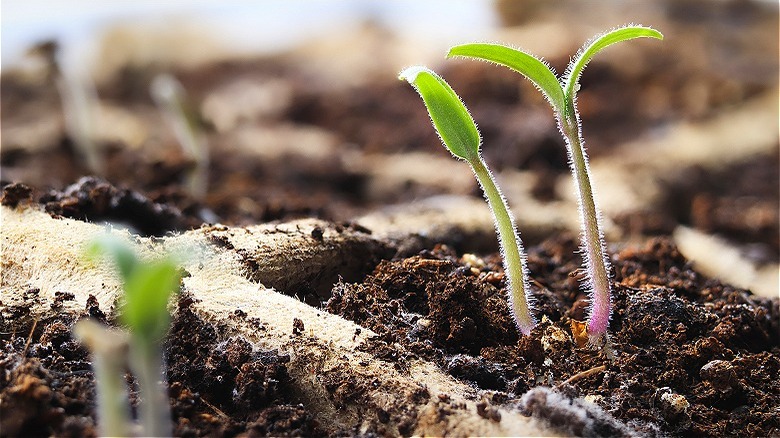
sophiecat/Shutterstock
Starting plants from seed can often be a difficult process, but utilizing old tea bags can help to make it a bit more convenient. If you’re looking for a creative way to start seeds, gather a few used tea bags, then soak them with some cold water. Place them on a tray lined with damp paper towels, then make a small cut along the top of the tea bag. Place your seeds into the holes and set them in a warm spot to germinate. Once they’ve sprouted, you can transfer the tea bags straight into the ground — just make sure you’ve removed any pieces with adhesive or staples.
Make a DIY glass cleaner
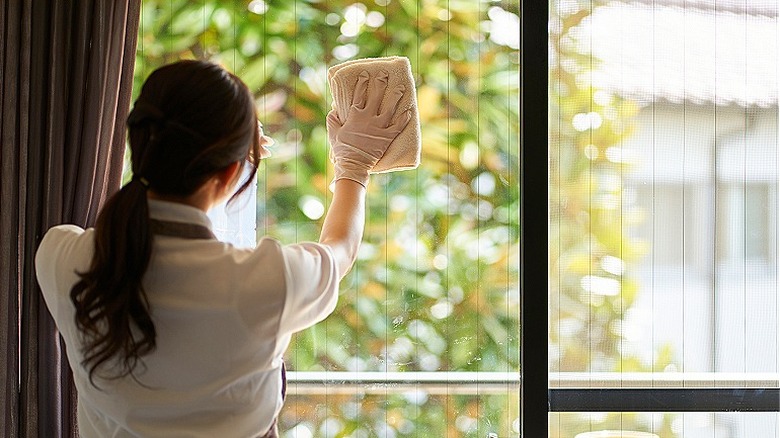
mapo_japan/Shutterstock
If you find yourself running low on glass cleaner, look no further than your used tea bags. As it turns out, black tea is great in helping to loosen up debris from glass surfaces without leaving streaks behind. Simply pour some hot water over your used tea bags to brew them again, then allow the mixture to cool before transferring it into a spray bottle. Spray it on your glass surfaces, then wipe everything away with a microfiber cloth (or coffee filter) for a streak-free shine. The tea you brew might be too weak to drink, but it still contains tannins that help cut through grime.
Create an air freshener
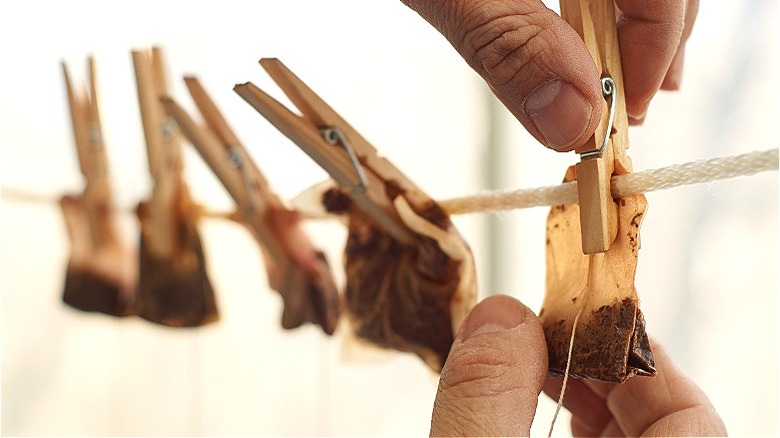
Dzurag/Getty Images
Because they’re porous, tea bags are great for absorbing foul odors, but they can also be used to release a more pleasant smell in areas where you want some more freshness. Dry out your used tea bags, then drop on a bit of essential oil to create an extended-release air freshener that also helps to absorb mustiness. If you want to get even more creative with it, you can also try pairing your tea flavor and essential oil. For example, combine a Constant Comment bag with a bit of orange oil for a warm and refreshing combo, or pair vanilla black tea with lavender for a relaxing scent.
Soothe skin
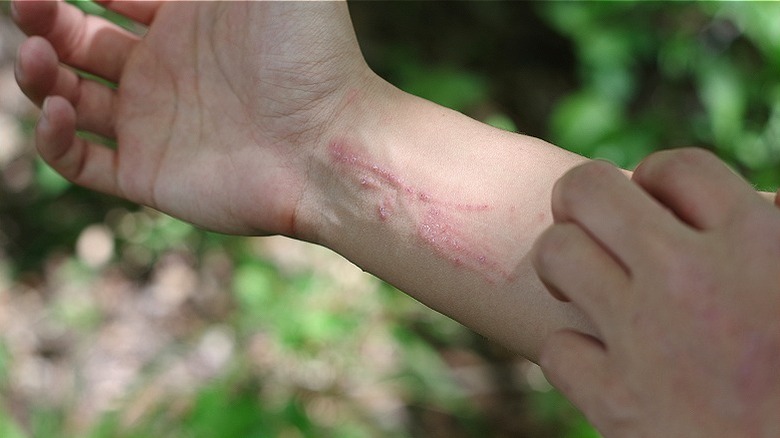
Denise Lynne/Shutterstock
If you’ve been outside all day trying out some of House Digest’s gardening hacks, there’s a high chance you’ll be left with at least one bug bite, scratch, rash, or burn. Thankfully, tea bags could offer a solution. After brewing a cup of tea, remove the tea bag and allow it to cool completely, either at room temperature or in the fridge. If you have some on hand, you can also rewet a previously used tea bag with some cool water. Apply it to areas of the skin that feel inflamed or itchy, and you should get some relief from your discomfort in no time.

